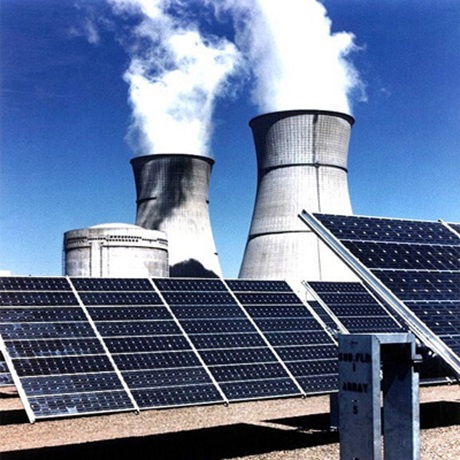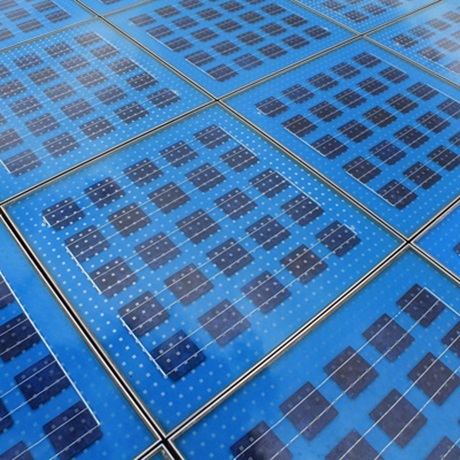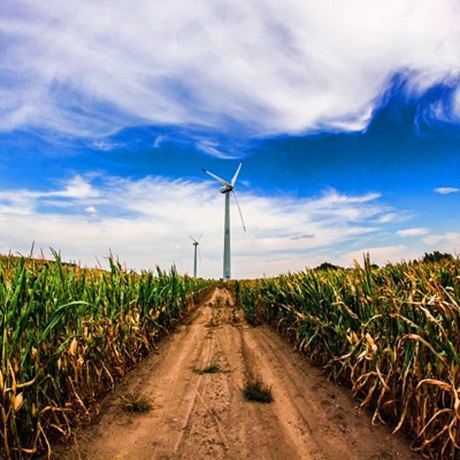- Dates1st June 2017 - 30th November 2017
- SponsorEPSRC
- Funded£60,000
- PartnersUniversity of Cambridge, London Business School plus the Institute for Future Cities and IBM.
System Transition to Digital Energy is a six month collaborative scoping study, led by Cranfield with leading academic and practitioner partners. Its overarching goal is to create a step change in our understanding of how digitalisation will impact on the pathway to decarbonise the energy sector.
The scoping study will examine the potential of the Internet of Things promoting the integration of smart appliances, storage, smart contracts and electrical vehicles. This is in the context of increasingly volatile, uncertain, complex and ambiguous (VUCA) future contextual scenarios.
We will evaluate five emergent fields (socio-technology domains) in terms of their innovative directions, potential impact and pace of change, recognising that these fields do not exist in isolation and can deliver even more if better integrated. We will develop a research roadmap for future study highlighting the digital synergies that have most potential for decarbonising the energy system transition, noting that these fields demand architectural solutions, new value streams, and alternative frameworks for effective implementation.
This study process will create a proof of concept systems model for use in energy transition analysis, embedding novel analytical approaches based on technologies that we expect to find in operational energy systems in the future. Our ambition includes identifying opportunities to capture real-world data, such as that from social media and smart meters, which suggest changing and novel patterns of energy supply and demand, and to use this to derive improved transition pathways.
This proof of concept for energy transition will underpin a major collaborative proposal on digital energy system transition in the context of VUCA scenarios providing a method for inter-weaving cyber, physical and social systems.
We consider this scoping study is an essential precursor for successful and integrated transition to digital energy futures enhancing people's lives and interactions with their energy environment.





